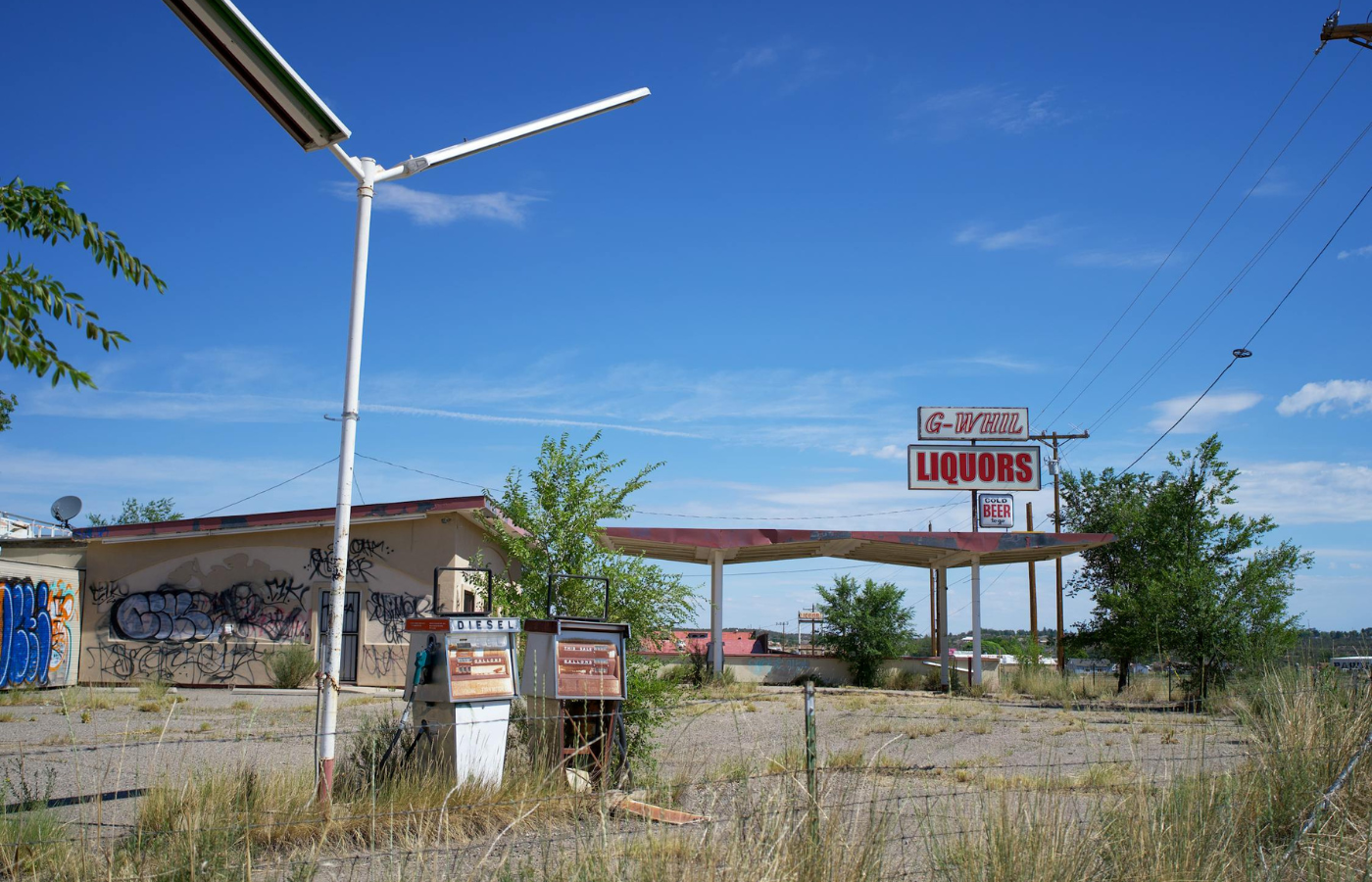Misconceptions in the prepping community can lead to dangerous decisions during emergencies. Here are ten prevalent prepping myths that could jeopardize your safety:
1. I’ll Just Bug Out to the Woods

Relying only on escaping to the wilderness isn’t practical for long-term survival, as hunting and foraging demand skills and resources that may be limited in a crisis. A balanced survival plan should include both bugging out and sheltering in place to increase your chances of success.
2. Guns Are All I Need

Firearms may offer security, but they don’t cover essential survival needs like food, water, shelter, and medical care. True preparedness requires a well-rounded plan that goes beyond self-defense.
3. Gold and Silver Will Be the Only Currency

In immediate post-disaster scenarios, tangible goods like food, water, and medical supplies are more valuable for bartering than precious metals. Prioritize stocking essential items before investing heavily in gold or silver.
4. Preppers Are Lone Wolves

Surviving alone is significantly more grueling than working within a group. Erecting a trusted network enhances security, resource sharing, and emotional support during extremities.
5. I Have Enough Food & Water – I’m Set

While stockpiling is important, developing sustainable sources like gardening and water collection systems ensures long-term resilience. Dependence solely on stored supplies can be risky if the crisis exceeds initial expectations.
6. MREs and Canned Food Are the Best Survival Diet
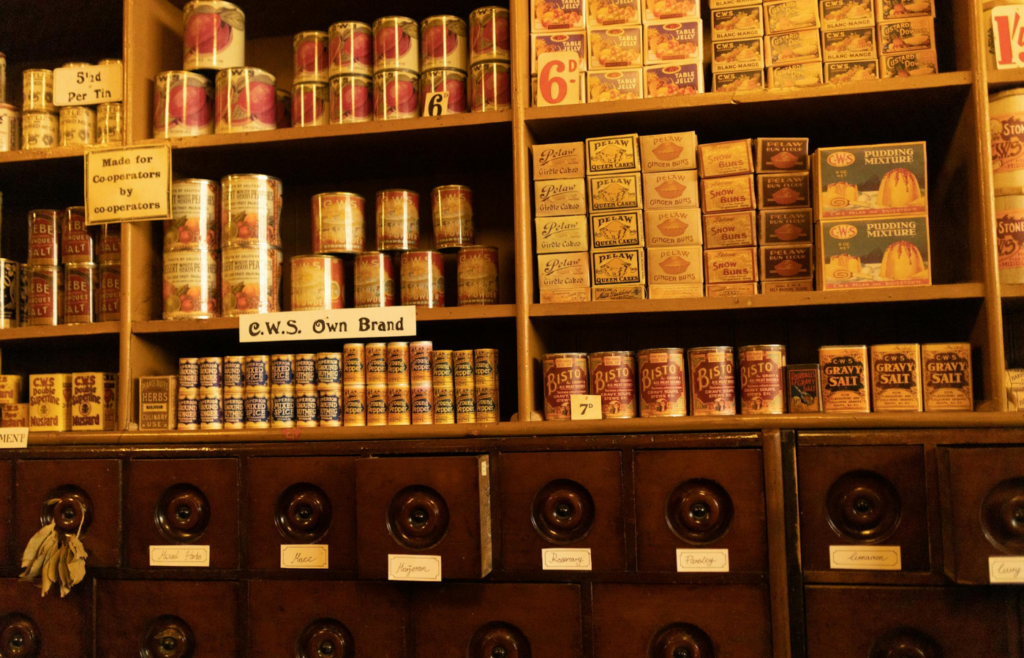
Although convenient, relying exclusively on MREs and canned foods can lead to nutritional deficiencies over time. Incorporate a variety of food sources, including dehydrated and fresh items, to maintain a balanced diet.
7. Bugout Bags Should Be Packed for the Apocalypse

Overloading your bugout bag can hinder mobility. Focus on packing essential items that balance necessity and weight, ensuring you can move efficiently if evacuation becomes necessary.
8. Martial Law Means Instant Doomsday
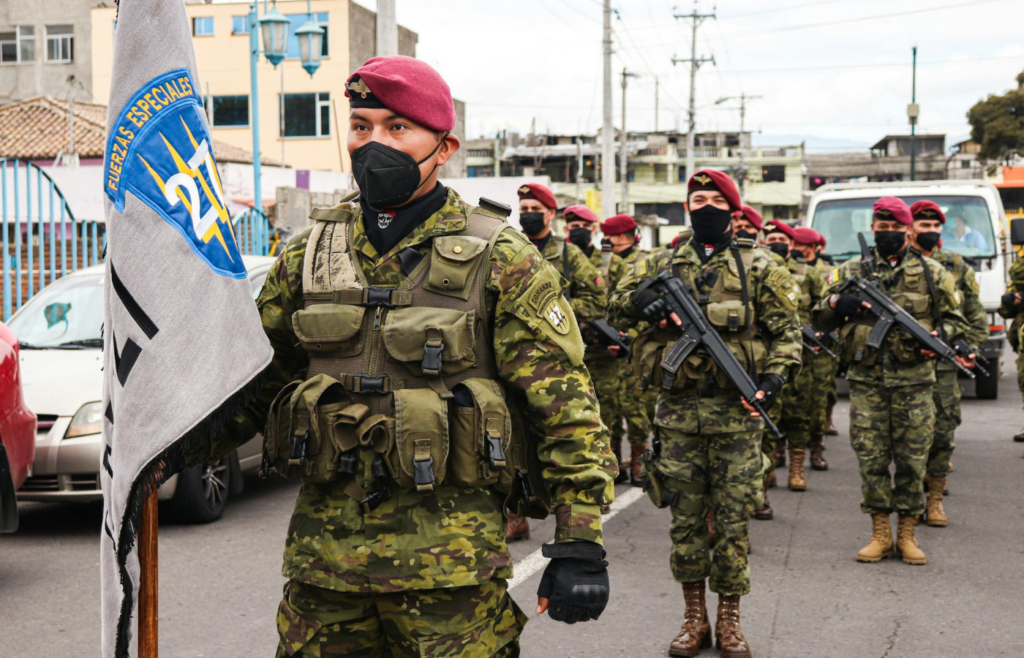
The imposition of martial law doesn’t automatically signal the end of society. Understanding governmental procedures and maintaining situational awareness can help you navigate such scenarios more effectively.
Read More: Top 10 Things to Do After a Major Storm Cuts You Off
9. Gasoline Stockpiles Will Keep Me Mobile
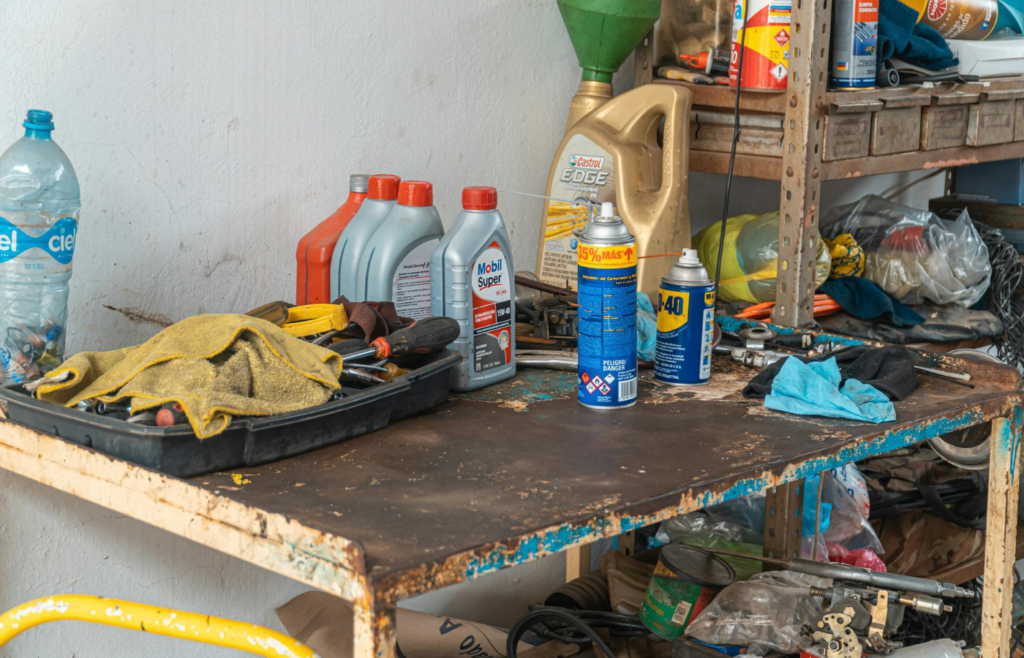
Gasoline has a limited shelf life, and storing large quantities poses safety risks. Exploring alternative transportation methods and fuel sources can provide more reliable mobility options during prolonged emergencies.
Read More: Top 10 Things Preppers Practice That Most People Ignore
10. If TEOTWAWKI Happens, Everything Will Stay Bad Forever
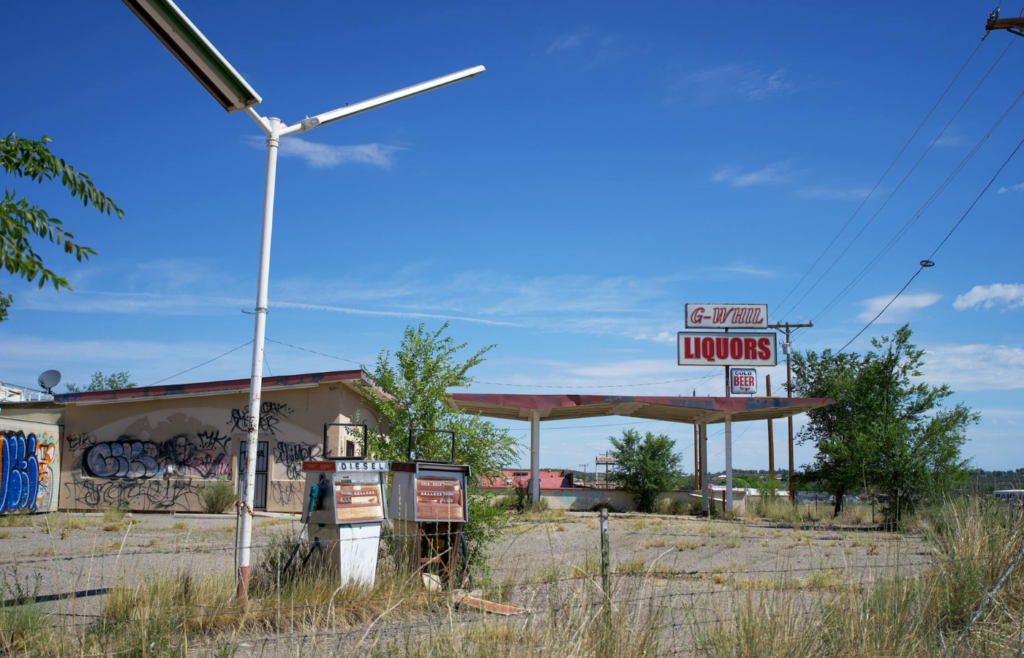
Most disasters are temporary or regional. Focusing on adaptability and recovery strategies is crucial, as rebuilding and returning to normalcy is often possible.
Avoiding these myths and adopting a balanced, informed approach to preparedness enhances your chances of safely navigating emergencies.
Read More: Top 10 Survival Gear Items That Are Surprisingly Affordable

